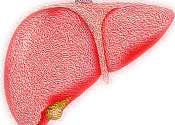What you need to know about toxic blue-green algae this summer
With higher temperatures, there is a higher risk of encountering toxic blue-green algae in lakes, ponds and rivers. These harmful algal blooms can pose serious health risks to both humans and pets.
Jul 23, 2024
0
0









